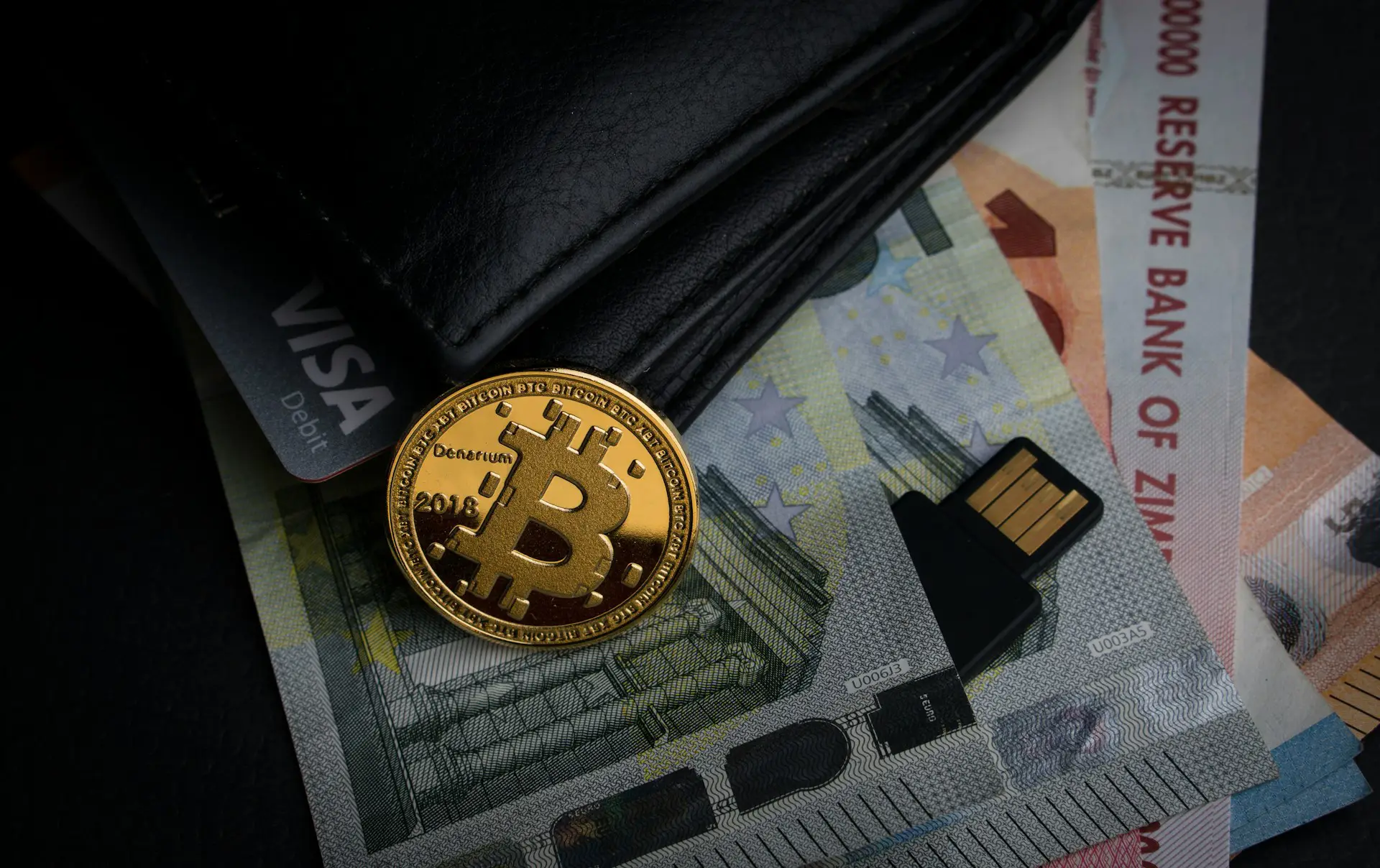Workarounds for transfers of more than UAH 150 thousand: can crypto wallets be trusted
9 September 2024 16:54 ANALYSIS FROM
ANALYSIS FROM Starting from 1 October, Ukraine will introduce limits on p2p transfers of up to UAH 150,000. According to the NBU, this restriction will remain in place until banks strengthen their financial monitoring systems.
There are already many suggestions on the internet on how to circumvent the NBU’s restrictions.
Telegram channels, in particular, advertise so-called crypto wallets with an alleged connection to Google Pay/Apple, a daily limit of €5,000, and no financial monitoring. In an exclusive commentary "Komersant Ukrainian"yaroslav Zhalilo, deputy director of the National Institute for Strategic Studies, said that cooperation with such wallets can be dangerous.
“This is a so-called quasi-bank. You transfer money there, and then they transfer it to your counterparty. In this case, there is no guarantee of the possibility of payment and it depends only on the integrity and financial stability of the scheme,” the expert said.
According to Yaroslav Zhalil, various workarounds related to the limits on p2p transfers will continue to appear in the future.
“If we are talking about p2p restrictions, we cannot limit payments conditionally in the purchase mode, etc., because there will always be some entity that will help to “get around” these restrictions. In the context of financial transparency and diversified financial flows, when there are many opportunities to channel funds in one way or another, control over any one parameter is inefficient. This control may complicate the process, but it will not stop the desired cash flows,” said the Deputy Director of the National Institute for Strategic Studies.
In his opinion, Ukraine has started to control the financial flows of citizens because the authorities are trying to account for all businesses in Ukraine.
“Why are they so focused on cash flows? Because they can serve unrecorded business: online stores or other private companies. There are attempts to tax everything because it is all big business,” he said.
In fact, the issue of controlling cash flows is not a purely Ukrainian one. It is a topic that is currently relevant to almost the entire world.
“This is not only a Ukrainian issue, it is an EU issue. In particular, new structures are being created in the European Union, and it is planned to tighten control over the movement of funds that could potentially be used to finance terrorism, drugs, etc. In other words, the issue of financial monitoring and surveillance of the movement of funds is not our invention. Everything is within the framework of general international obligations,” said Yaroslav Zhalilo.
However, the main issue is real, not nominal, control, and this can only be achieved by adopting comprehensive, not point solutions.
“It seems to me that there is no need to rely on any individual restrictions, such as p2p restrictions, but to address the issue of the functioning of integrated systems that simply track the actual movement of funds for a particular counterparty.
If funds move by any non-cash method, they will leave a digital trail in any case. Using minimal information processing and aggregation technologies, all movements can be tracked using this digital trail. As the saying goes, if there was political will to do so. I think that such systems should be in place, and then it is necessary to identify those transactions that obviously seem suspicious and ultimately lead to undesirable counterparties,” Zhalilo said.
It should be noted that the UAH 150,000 per month limit for card-to-card transfers by individuals will be in effect from 1 October for six months.
The restriction will apply only to outgoing transfers on all accounts of the client opened in one bank to the accounts of other individuals.
Such restrictions will not apply to accounts of volunteers who meet the criteria set out in the resolution and individuals whose monthly income from verified sources exceeds the amount of the limit.
In addition, the limits will not apply to transfers between the client’s own accounts opened with the same bank and to transfers of legal entities. Transactions using IBAN details will not be restricted.
According to the NBU, the purpose of introducing the limits is to combat “drops” – people who transfer their card account details and data to third parties for payment. Such accounts are used as “transit” accounts for transferring and laundering illegal funds.
According to the NBU, about UAH 200 billion a year can pass through drop cards.
Author – Alyona Kaplina









